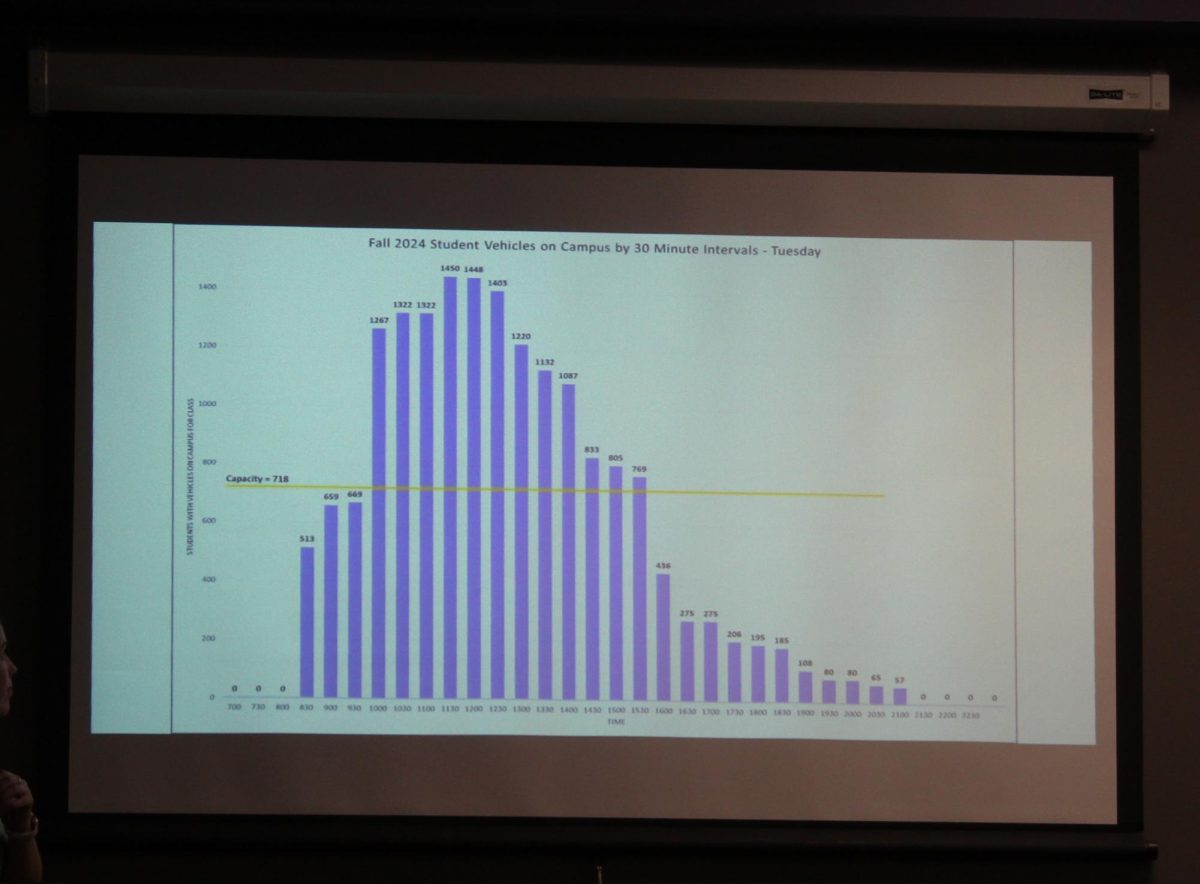The Alabama Supreme court ruled that frozen embryos are to be considered children on Feb. 16, sparking national outcry. The ruling comes after three couples sued a Mobile hospital for destroying their frozen embryos without their consent.
In the case that caused the ruling, a couple’s embryos were stored in a fertility clinic within a hospital. In December 2020, a hospital patient entered the cryo-preservation unit and opened one of the tanks the embryos were stored in. When he got burned from the extreme cold, he dropped the embryos, which in turn destroyed them.
The plaintiffs’ in the case invoked the Wrongful Death of a Minor Act from 1872, saying that the destroyed embryos were children and count as wrongful death. A previous case ruled that a child developing in-utero counts as a minor under the act, but this case has now set a new precedent.
A trial court ruled that embryos do not count as minors, so the couples took it to the state Supreme Court.
In the following week, eight Alabama fertility clinics paused in-vitro fertilization treatments. University of Alabama Birmingham was the first to announce it, less than a week after the decision. Alabama Fertility was the second to announce it the following day, and The Center for Reproductive Medicine at Mobile Infirmary announced that they would stop treatments a week after the ruling.
When transferring embryos, there is a small chance they may be damaged or destroyed. The ruling has left clinics fearful of legal repercussions for accidents that could take place.
On Feb. 29, both the Alabama House and Senate passed bills to protect IVF.
The bills are sponsored by Rep. Terri Collins and Sen. Tim Melson and “would provide civil and criminal immunity to persons providing goods and services related to in vitro fertilization except acts or omission that are intentional and not arising from or related to IVF services,” according to the synopsis.
The bills have to be passed by both the House and Senate to go into effect.













Riley Ward • Apr 10, 2024 at 10:19 am
I’m curious to see how the legislators will react to this in the next few months, definitely an interesting ruling